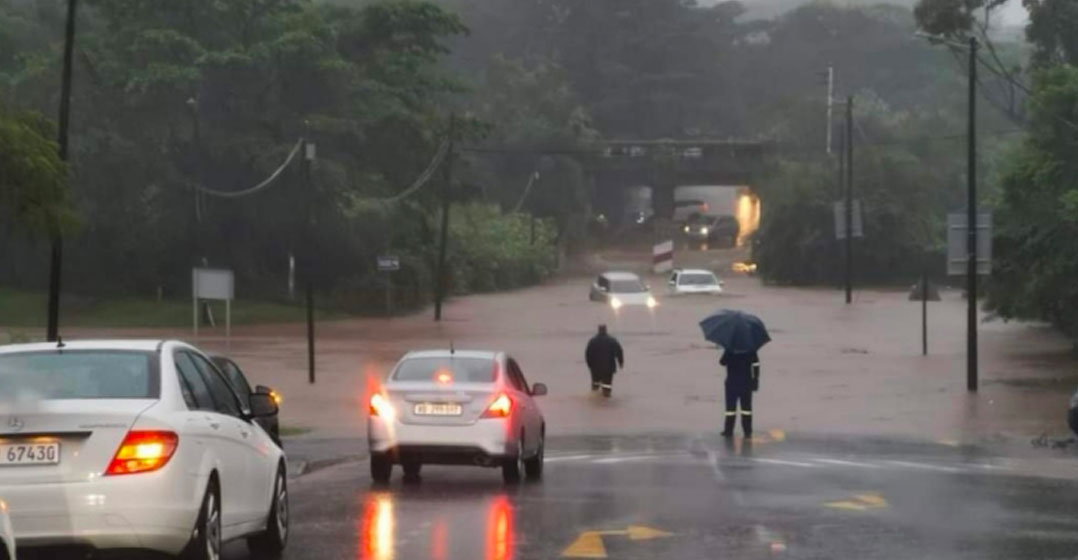
The eThekwini metro in greater Durban will have to brace for the start of load shedding after Eskom announced that it plans to implement the power cuts as soon as possible.
Some areas in the municipality have thus far been exempt from load shedding following damage to electricity infrastructure during flooding in the area in April.
The two entities released a joint statement clarifying the steps to be taken in the implementation of load shedding.
“The municipality has agreed on the process for the soonest implementation of load shedding to assist Eskom to mitigate the risk of a national grid collapse. The municipality has further assessed the long-term strategy to implement load shedding as soon as possible to the equivalent load as was the case prior to the [flooding] disaster,” the joint statement read.
According to the statement, following several meetings the power utility and the municipality have agreed on the following:
- The eThekwini municipality’s electrical network and water infrastructure is in an extremely vulnerable state and additional risk needs to be managed very carefully.
- The municipality is committed to implement load shedding in a safe and sustainable manner in consultation with Eskom when the national grid is at risk.
- If for any reason, after load shedding in the first few instances, a negative impact on the electrical and water infrastructure is deemed to be unacceptably high, the municipality will engage with Eskom immediately.
- The municipality has already begun to perform all the required planning to ensure that the above can be executed.
- Energy regulator Nersa will be kept informed of the status of the eThekwini municipality network.
- Studies have shown that the municipality lost between 700 to 800MW of power on its electrical infrastructure during the floods. This continues to be unavailable until extensive repairs can be conducted.
“There is agreement that the integrity of the electrical infrastructure was so severely compromised that if parts of the infrastructure and loads were to trip either through a manual intervention (load shedding) or an electrical fault, it is possible and likely that the municipal grid could be even more damaged, thus further lengthening the duration of the outage.
“Both Eskom and the eThekwini municipality are mindful that further electrical damage would severely compromise the current water rationing programme. However, as a responsible organ of state, the municipality agrees on the need to implement load shedding for the purposes of grid stability.
“Both Eskom and the municipality commit to assess the progress regularly and to work closely to minimise risk to the municipality and the grid,” the statement read.




